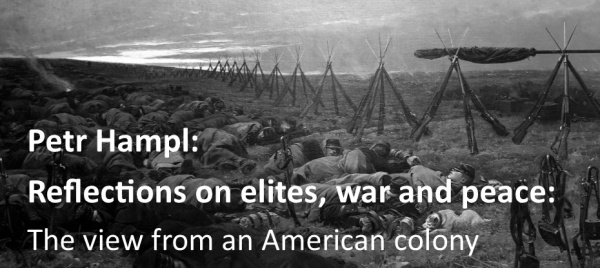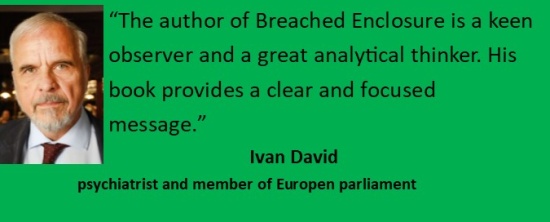In 1856, in his book The Old Regime and the Revolution, Alexis de Tocqueville described, using the example of the French nobility, the risk that threatens every power elite. He believes that the revolution against the monarchy was instigated by the monarchs themselves. They gradually stripped the nobility of any real power, but left them with all rights and privileges. The subjects ceased to understand to what the nobility owed its many privileges. The abolition by the monarch of the political power of the aristocracy made the rest of the old order, including the monarch himself, unacceptable to the unprivileged classes.
A situation in which the ruling class enjoys all the advantages, accumulates functions and multiplies its privileges, while it can realistically influence less and less, is dangerous for the political class at all times. In 17th- and 18th-century France, real power left the level of estates, towns and corporations and was concentrated in the hands of an absolutist monarch. It became distant, abstract, ungraspable from the point of view of those who were subject to it. Before their eyes the subjects had only the nobles, whose privileges vastly exceeded anything they could realistically influence in the life of the country.
A situation in which the ruling class enjoys all the advantages, accumulates functions and multiplies its privileges, while it can realistically influence less and less…
It’s a bit like today’s constellation. Politicians at the national level enjoy privileges, benefits and perks that would have been the envy of the former nobility. They resemble it in the degree of ceremony and pomp of their political rituals. Their real influence on the daily life of the country, however, does not correspond to this. In the economic sphere, they are forced to respect the conditions that take shape on the world’s stock exchanges, in the distant centres of financial life, in the power plays of the world’s great corporations. They usually do not even understand these abstract and difficult to grasp mechanisms, let alone have the opportunity to intervene in any way.
Similarly, decision-making in the purely political sphere is becoming opaque from the national level, with the weight of decision-making shifting step by step to Brussels. There are detailed studies mapping the influence of unelected officials and offices at the level of the European Parliament and the European Commission. This influence is being passed on and growing decade by decade, regardless of which Member State is currently holding the formal Presidency.
The space for decision-making by politicians is also systematically reduced by supranational judicial instances, various courts of justice, pacts and conventions…
The space for decision-making by politicians is also systematically reduced by supranational judicial instances, various courts of justice, pacts and conventions concluded in the past, which do not take much account of national peculiarities. Most of the legal systems of the Member States are shaped by translating binding norms that none of the politicians in power today had a hand in creating. Decisions on military action and military expenditure are taken in a way that our politicians are absolutely and unreservedly free to respect.
In our country specifically, the current political class has been formed over the last thirty years. It came to the top in a situation where it was no longer possible to govern the old way. People were bothered by the gap between the former political class and the rest of society, bothered by the restrictions on their ability to express their views freely, and tempted by the prospect of a significant rise in their standard of living. Everyone can have an opinion on how these three priorities are being implemented today. The fact is, however, that as long as things are going for the better, no one minds too much that politicians have very little influence on principle. When, on the contrary, the perception grows that regression has taken the place of development, their excesses are in danger of being perceived much more acutely. At least the French nobility did not accuse the subjects of their châteaux of living too far above their means.



